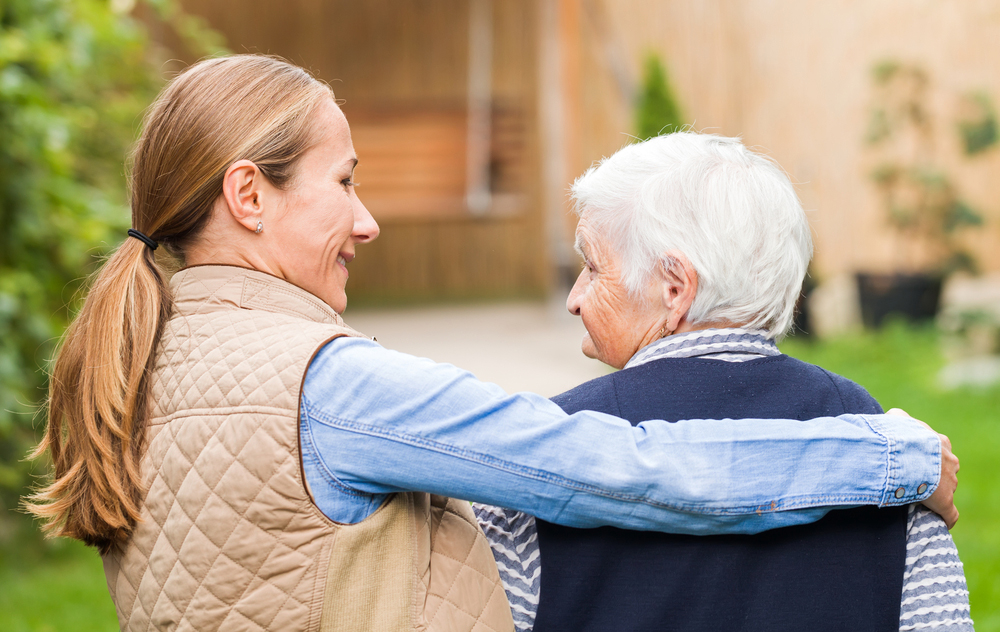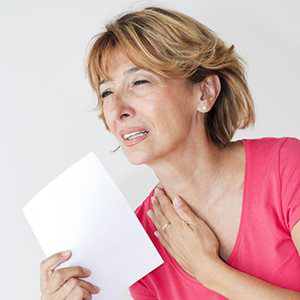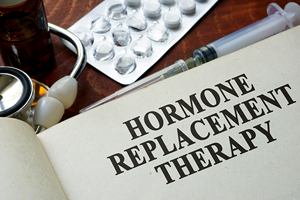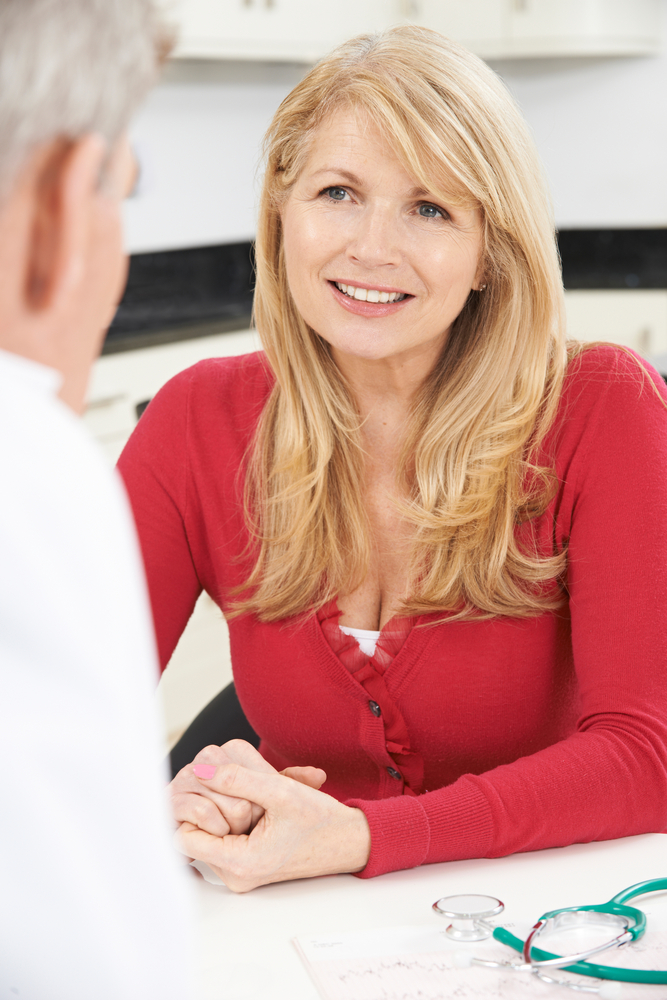Please discuss what foods should be included or excluded from the diet for women who do not take hormone replacement therapy (HRT).
Question: Please discuss what foods should be included or excluded from the diet for women
who do not take hormone replacement therapy (HRT).
Our Response: Whether one uses HRT or not, the menopause transition and menopause are optimal times to review one’s diet and exercise routines. General recommendations for healthy aging focus on maintaining a healthy weight by eating fewer calories than one expends and exercising at least 150 minutes per week.
Dietary choices are important. No single program or diet has been shown to be superior to another. Yet, high protein
and low-fat, hypocaloric diets are tolerated well and are known to bring about a 5 to ten percent weight loss. Tools such
as calorie-counting apps may be helpful.
Bone health is best supported with exercise and a daily dietary intake of calcium 1,000 mg to 1,200 mg and vitamin D3,
600 IU daily, and exercise.
Decreasing one’s cardiovascular risk is critical, because this is the greatest risk in menopause. The loss of lean body
mass, a more sedentary lifestyle, and sleep deprivation are known cofactors in menopause weight gain. Accumulated,
mid-abdominal fat is stored as visceral adipose tissue increasing risk for elevated lipids, fatty liver, diabetes, and
cardiovascular disease.
Cancer risk is best addressed by consuming at least 2½ cups of vegetables and fruits daily and incorporating more whole
grains. Added sugar and processed meats should be limited as much as possible, and alcohol should be limited to no
more than one drink per day.
There are no definitive answers regarding the efficacy of diet or dietary supplements in helping with menopausal
symptoms. Many natural products such as soy and black cohosh have been studied for menopause symptoms. For
instance, soy isoflavone supplements may help to reduce menopausal hot flashes, but the effect may be small. It is
uncertain whether soy supplements relieve cognitive problems, and it is unlikely that they delay bone loss in Western
women. There is little information on the safety of natural products, and side effects and interactions are possible.
Author: Mary Reisig, M.S., R.N., W.H.N.P.-B.C.
James Woods | 8/27/2019




